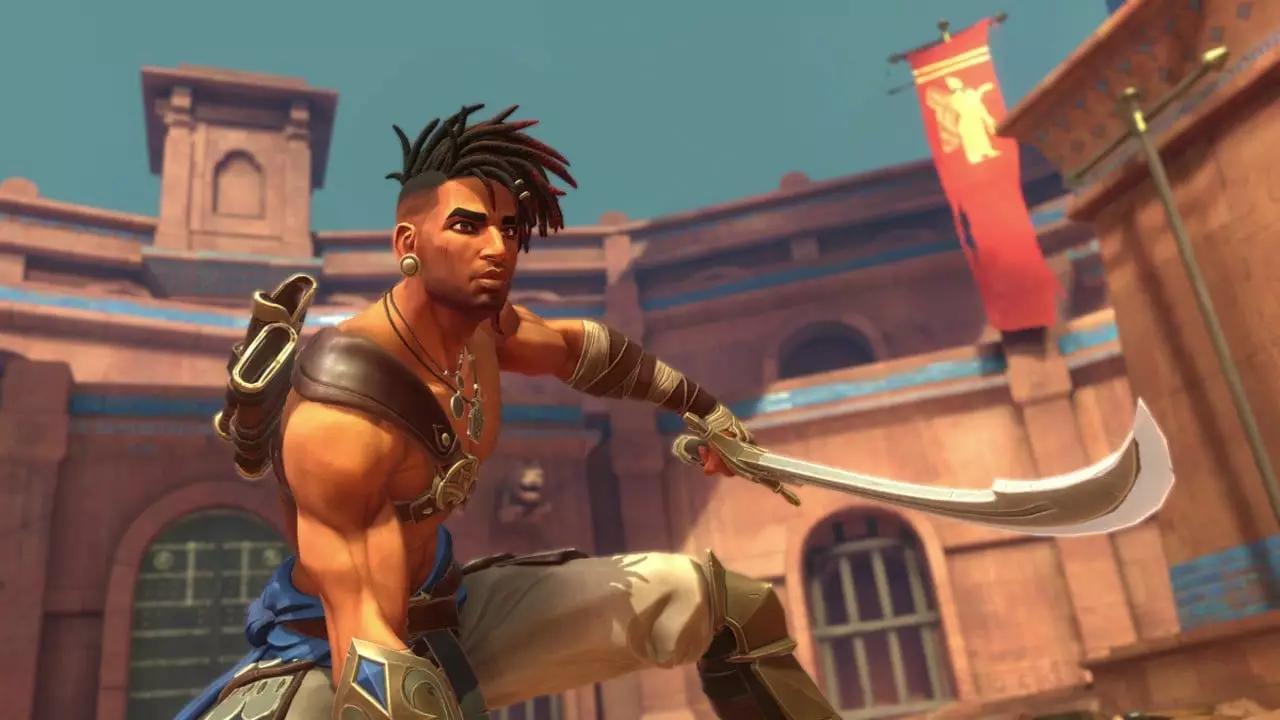The gaming industry has always been marked by its competitive nature and rapidly shifting market dynamics, but the current plight of Ubisoft reflects a particular period of instability and uncertainty. With significant losses that have seen the company’s market value plummet by nearly 50% in 2024, major stakeholders like Tencent and the Guillemot family are reportedly looking to explore an array of options to inject stability into the beleaguered gaming giant. Recent discussions have suggested a potential buyout aimed at taking Ubisoft private, a move that could recalibrate its operations and market strategy.
Ubisoft’s decline can partly be traced to the reception of its recent titles. The release of “Star Wars Outlaws” fell short of gameplay expectations, with sales figures disappointing industry analysts. Subsequently, the announcement of a delay for the release of “Assassin’s Creed Shadows” until early 2025 further exemplified the company’s cautious approach to gaming launches. This delay reflects a broader trend within Ubisoft — a strategic pivot to prevent past mistakes from recurring. Although the critical reception for titles like “Prince of Persia: The Lost Crown” has offered a glimmer of hope, the concern remains that this prestige might not translate into the necessary commercial success.
The ongoing conversations between Tencent, a major player in the global gaming arena, and the Guillemot family, Ubisoft’s founding members, underscore a critical juncture for the company. Their potential buyout could fundamentally alter Ubisoft’s operational philosophy, perhaps focusing on long-term stability over short-term profit maximization. However, it is essential to note that these discussions are still in their infancy, and there remains a level of uncertainty regarding the outcome. The complexity of such negotiations can often lead to a stalemate or no conclusive result, leaving stakeholders pondering the best course of action.
Ubisoft’s extensive history in the gaming landscape is countered by a modern-day reputation for aggressively discounting its offerings shortly after launch. This practice can undermine consumer confidence in a game’s value and contribute to the softer sales trends observed in recent years. Even with titles that receive critical acclaim, the potential for long-term profitability remains questionable if the company cannot establish a consistent and appealing branding strategy. Ensuring that fans regard Ubisoft titles as premium experiences rather than products that swiftly depreciate is vital for restoring market confidence.
As Tencent and the Guillemot family evaluate their options, the path forward for Ubisoft is fraught with challenges yet also dotted with opportunities. The potential buyout is merely one piece of a larger puzzle that needs to be thoughtfully arranged to ensure the company’s longevity and success. The landscape of the gaming industry is constantly evolving, and how Ubisoft navigates these turbulent waters in the coming months may well determine its status as a pivotal force in gaming or a relic of a bygone era. The focus must be on fortifying its offerings and revitalizing its approach to market engagement to emerge as a strong competitor once more.


Leave a Reply